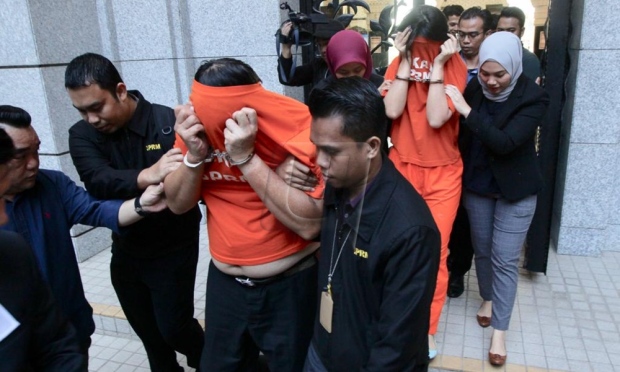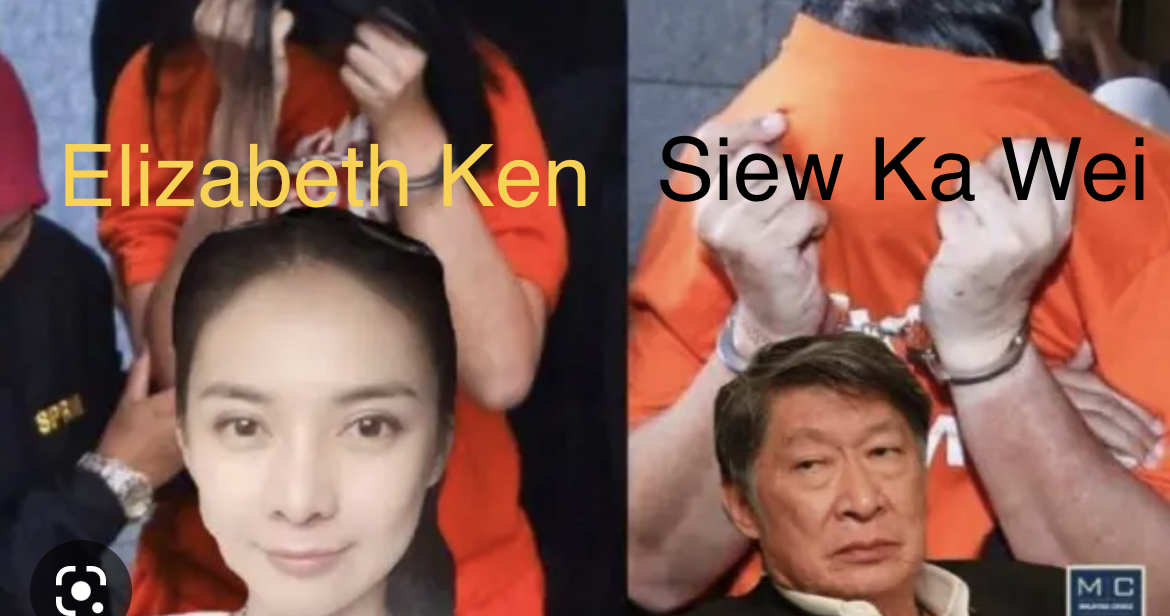Friday, 17 September 2010 (morning session)
Workshop on Parliament, Accountability and the Role of Internet Governance in Strengthening Oversight

This morning I took part in the above “Workshop D” discussion where each participant was given only about 3 minutes to speak. Understandably, not much could be canvassed therefore. Below is an excerpt of my speech.
We are all mindful that Parliaments are responsible for ensuring accountability and openness of their respective governments through oversight of the activities of the Executive and its auxiliary bodies, in order to curb corruption and effect good practices. Parliaments also have the power of purse and mandate to scrutinise the utilization of public finances and ensure financial accountability. It is therefore important that parliaments’ staff are strengthened in their oversight capacity and therefore be able to perform their duties effectively as nonpartisan repositories of information. They can also assist parliamentarians in achieving their constitutional functions.
Accountability means being able to provide an explanation or justification, and accept responsibility, for events and for one’s own actions in relation to those events. Accountability plays a particularly important role in the public sector. It is about giving an answer for the way in which one has spent money, exercised power and control, mediated rights and used discretion vested by law in the public’s interest. It has been well accepted that in our system of government that those of whom such powers and responsibilities are given are required to exercise them in the public’s interest fairly, and according to law.
In the quest for the free flow of information we must also balance it with protection of privacy and data. Users of the internet must be educated of their responsibilities as net citizens to ensure that they know what is the right and wrong thing to do. This is to ensure they will not abuse the technology to defame people, political opponents or business rivals, etc., all in the name of freedom of speech and free flow of information.
With the widespread use of the internet, we also have to be mindful of the abuse of the technology for the spread of cyber crimes and frauds — criminal activities which are possibly quite difficult for the authority to control.
Participants of “Workshop D”
on Parliament, Accountability and the Role of Internet Governance in Strengthening Oversight


Moderator: Hon Mniwa Johannes Mahiangu, MP, South Africa Chairperson, National Council of Provinces
Discussion Leaders: Hon Rudrawatee nan Gosen-Ramgoolam, MP, Trinidad & Tobago, Baronese Thornton, UK
Mr Mitchell O’Hagan, Senior Country Director, National Democratic Institute
Rapporteurs: Mr Dhammika Dasanayke, Sri Lanka, Deputy-Secretary General of Parliament Mr Samuel Njoroge, Kenya
Session Secretary: Mr Peter Chemweno, Kenya
CPA Secretariat: Ms Arlene Bussette
——– 56th CPA Conference ——– 56th CPA Conference ——–
Friday, 17 September 2010 (afternoon session)
Launch of Little Acorns Project, Kenya
At lunch time today, 17 September 2010, Little Acorns Project, Kenya is jointly launched by YB Dato’ Seri Mohd Shafie Apdal (Minister of Rural and Regional Development) who is the Chairman of CPA Executive Committee; the Kenyan Minister of Education; and Hon Dr William Shija who is the Secretary-General of CPA. The main sponsors of the project are Petronas and Engen of Kenya. Petronas presented 50 notebooks computers inscribed with the 1Malaysia logo to 6 Kenyan schools.
The aims of the project are:
1. To provide internet-ready computers in classrooms to a group of secondary schools in Kenya
2. To enable the chosen schools to have access to the internet through a local server
3. To provide a range of supporting software that is compatible with the Kenyan Information Communication Technology context
4. To enable CPA to provide appropriate software and information about parliamentary democracy via the internet to participating schools across the world
5. To encourage internet links between schools and pupils of CPA member states



——– 56th CPA Conference ——– 56th CPA Conference ——–
Thursday, 16 September 2010
Visit to Masai tribe village deep in the Safari jungle at Masai Mara
The trip involved a half-hour ride in a jeep to the Masai tribe Village. It was bumpy all the way. The visit was very fruitful in a sense we became more appreciative of our own environment back home. Certainly an eye-opener for me. The Masai tribe is still living in a very primitive way. The houses of its people are constructed with small tree trunks, branches and they use mud for roofs and walls. Their dwellings are very small and about 6 feet high. The people of the Masai tribe also keep their cows in their small houses for fear of them being preys to the wild animals. Their stable diets are milk, cow blood and smoked beef.
Staying at Dr Livingstone Safari Resort, Masai Mara


















